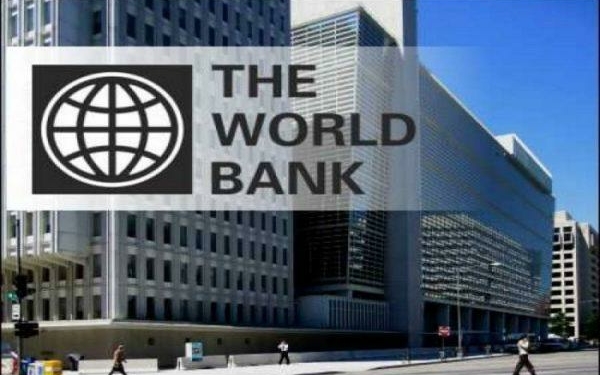- The World Bank urged Nigeria to tackle institutional corruption, emphasizing it as essential for sustainable development and economic progress
- Experts highlighted the need for governance reforms to strengthen anti-corruption measures, stressing that corruption deprives citizens of essential services
The World Bank, alongside other stakeholders, has emphasized the urgent need for Nigeria to address institutional corruption as a prerequisite for sustainable development.
During a policy discussion on anti-corruption efforts in Nigeria, co-hosted by Agora Policy and the MacArthur Foundation, experts highlighted the critical reforms required in governance, judicial systems, and political processes to strengthen anti-corruption measures.
World Bank Country Director, Ndiamé Diop, described corruption as a significant obstacle to Nigeria’s economic progress.
He pointed out that the country faces immense challenges in achieving fiscal transparency within its public service due to institutional weaknesses.
“To ensure transparency, you need accurate and reliable data. Currently, the manual processes in place lead to inefficiencies and leakages, undermining the system,” Diop said.
Kole Shettima, Africa Director at the MacArthur Foundation, echoed these sentiments, stating that corruption has deprived Nigerians of essential services like education, electricity, and infrastructure. He urged collaborative efforts to address these challenges.
“Corruption has stolen the future from our youth and deprived citizens of basic necessities. Authorities must work with the private sector and other stakeholders to reduce corruption in our society,” Shettima said.
Adele Jinadu, Senior Fellow at the Centre for Democracy and Development, highlighted the abuse of power in Nigeria, describing it as a major hindrance to democratic growth.
“Our country’s moral and political environment has become toxic, eroding democratic values. We must reform our legal system to prioritize social justice and create a framework that supports equitable development,” Jinadu stated.
The stakeholders concluded that Nigeria’s fight against corruption requires urgent reforms, strong institutions, and a collective commitment to transparency and accountability for meaningful progress.










Discussion about this post